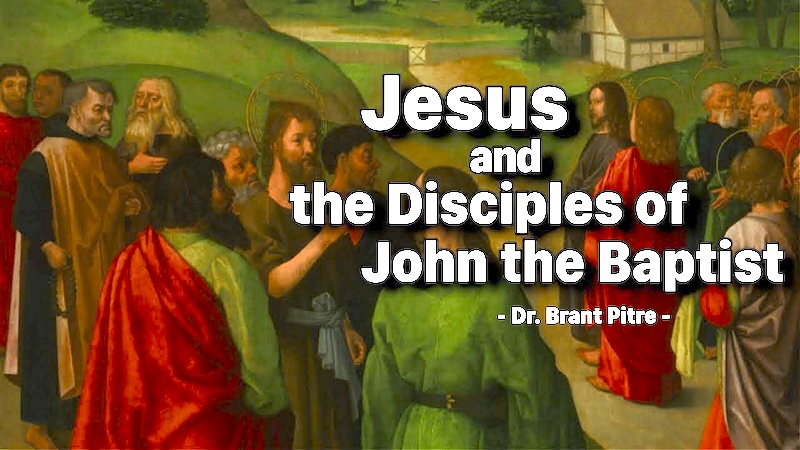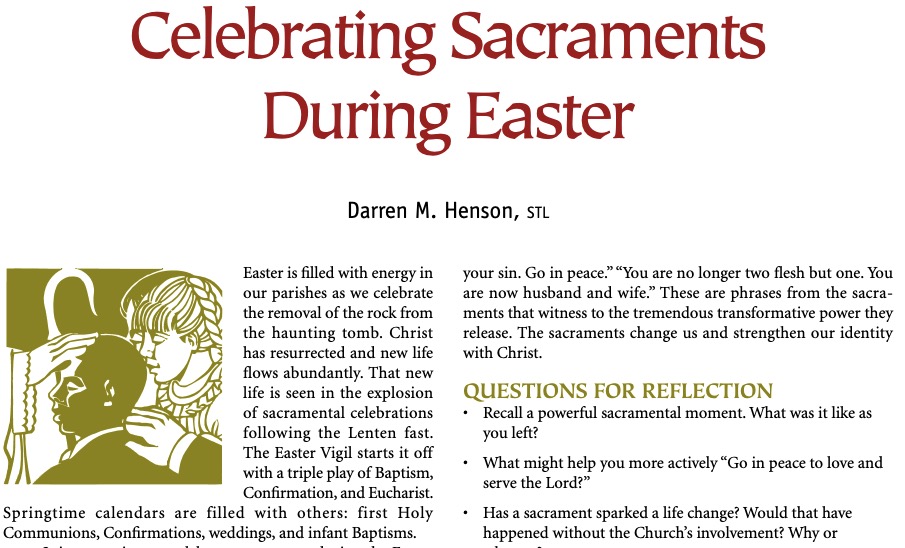TODAY
Sunday Homilies
Sunday Homilies
SOLT LIT PREPBISHOP GOLKAFR. LANGEHLISA MERSEREAU, CTJMT3 MIN w/ FATHER ALKNOW BEFORE YOU GOCARDINAL TAGLE
Bishop Robert Barron
Featured Resources
AC Magazine
Australian Catholics
Dominican Blackfriars
5th Sunday of Easter B
Fifth Sunday of Easter (B) | Fr Dominic Ryan asks what it might entail for us, the vines, to be pruned by the Father, the vinedresser.
Commentary Quotes
5th Sunday of Easter B
Prayers of the Faithful
The Church
Governing Authorities and Salvation of the World
Those Burdened by Adversity or Difficulties
The Local Community
The Word in
The World
5th Sunday of Easter 2024 B Fr A Paul Homily - 28th April 2024
5th Sunday of Easter 2024 Year B Homily
4th Sunday of Easter 2024 B Fr A Paul Homily - 21st April 2024
Sunday Reflection
5th Sunday of Easter B
Recent Blog Posts
5th Sunday of Easter B
THE WORD THIS WEEK brings you engaging videos and other content that are tailored to enhance your understanding of the Sunday readings. The creators of these resources are independent and not affiliated with this website.































 The Dominican Friars in Britain
The Dominican Friars in Britain 




